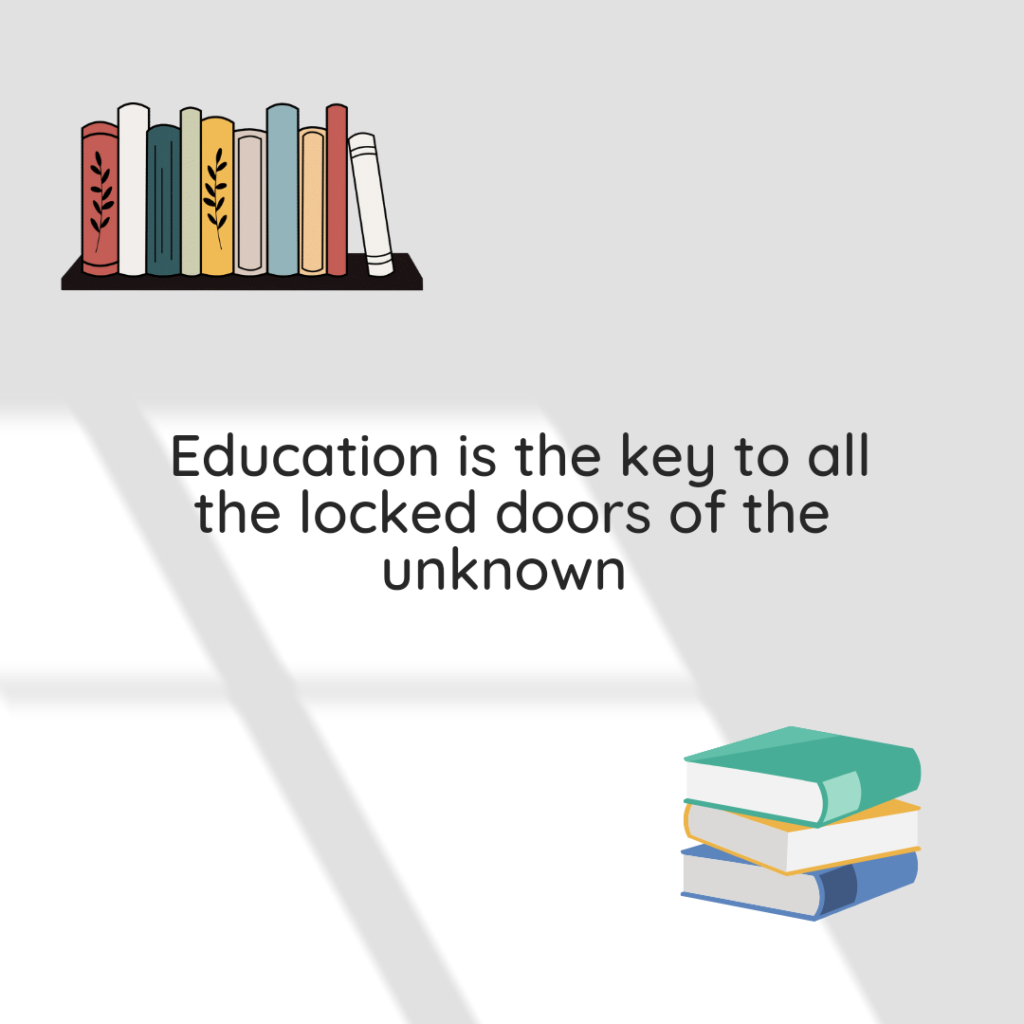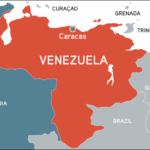There are arguments both for and against making education free. On the one hand, making education free could increase access to education and allow more people to gain the knowledge and skills they need to succeed in their careers and contribute to society. This could ultimately lead to a more educated and productive population, which could have numerous societal and economic benefits.
On the other hand, there are also valid concerns about how to fund such a system and whether making education free would lead to overcrowding and other issues. Ultimately, the decision about whether to make education free is a complex one that depends on a variety of factors and considerations.Education is widely regarded as a fundamental human right, and has the power to transform lives and communities. It allows individuals to develop the knowledge and skills they need to succeed in their personal and professional lives, and can help to break the cycle of poverty and social disadvantage.

Despite its numerous benefits, however, education is not always easily accessible, especially for those from disadvantaged backgrounds. One solution to this problem is to make education free for all. Proponents of free education argue that it is a basic human right that should not be restricted by financial barriers. They point out that education has the potential to provide individuals with a brighter future and a better quality of life, and that everyone should have the opportunity to access it. Making education free could also have numerous societal and economic benefits. A more educated population is likely to be more productive and innovative and could contribute to the growth and development of a country. It could also help to reduce income inequality and social disadvantage, as those from disadvantaged backgrounds would have the same opportunities to access education as those from more privileged backgrounds.
There are, of course, valid concerns about how to fund a system of free education. Some argue that it would be too expensive and that governments would have to significantly increase their education budgets in order to cover the costs. Others point out that there are more targeted ways to increase access to education, such as through means-tested scholarships and bursaries, which could be more effective at addressing the needs of those from disadvantaged backgrounds.
Ultimately, the decision about whether to make education free is a complex one that depends on a variety of factors and considerations. While there are valid arguments on both sides, it is clear that education has the power to transform lives and communities, and that everyone should have the opportunity to access it.











